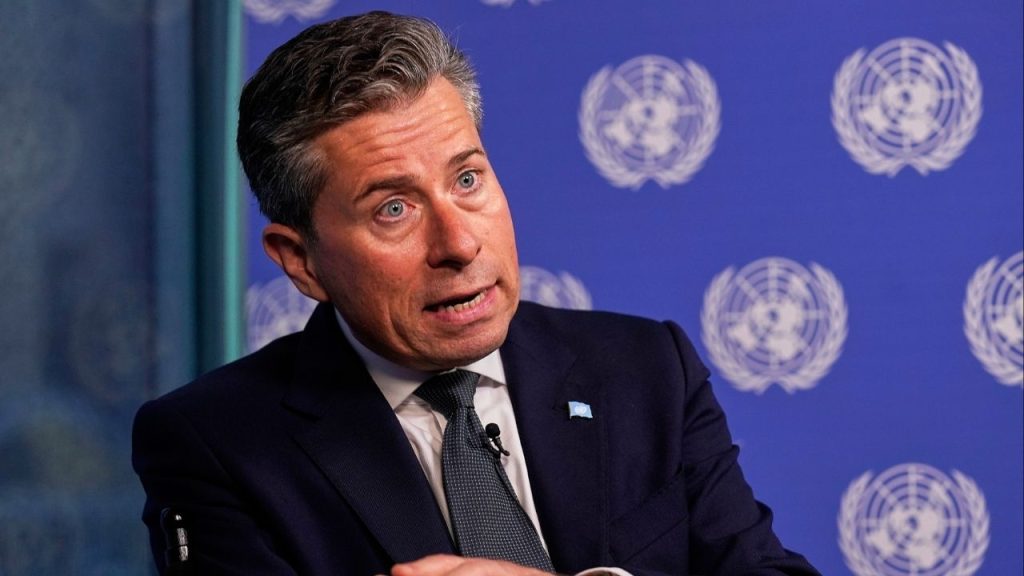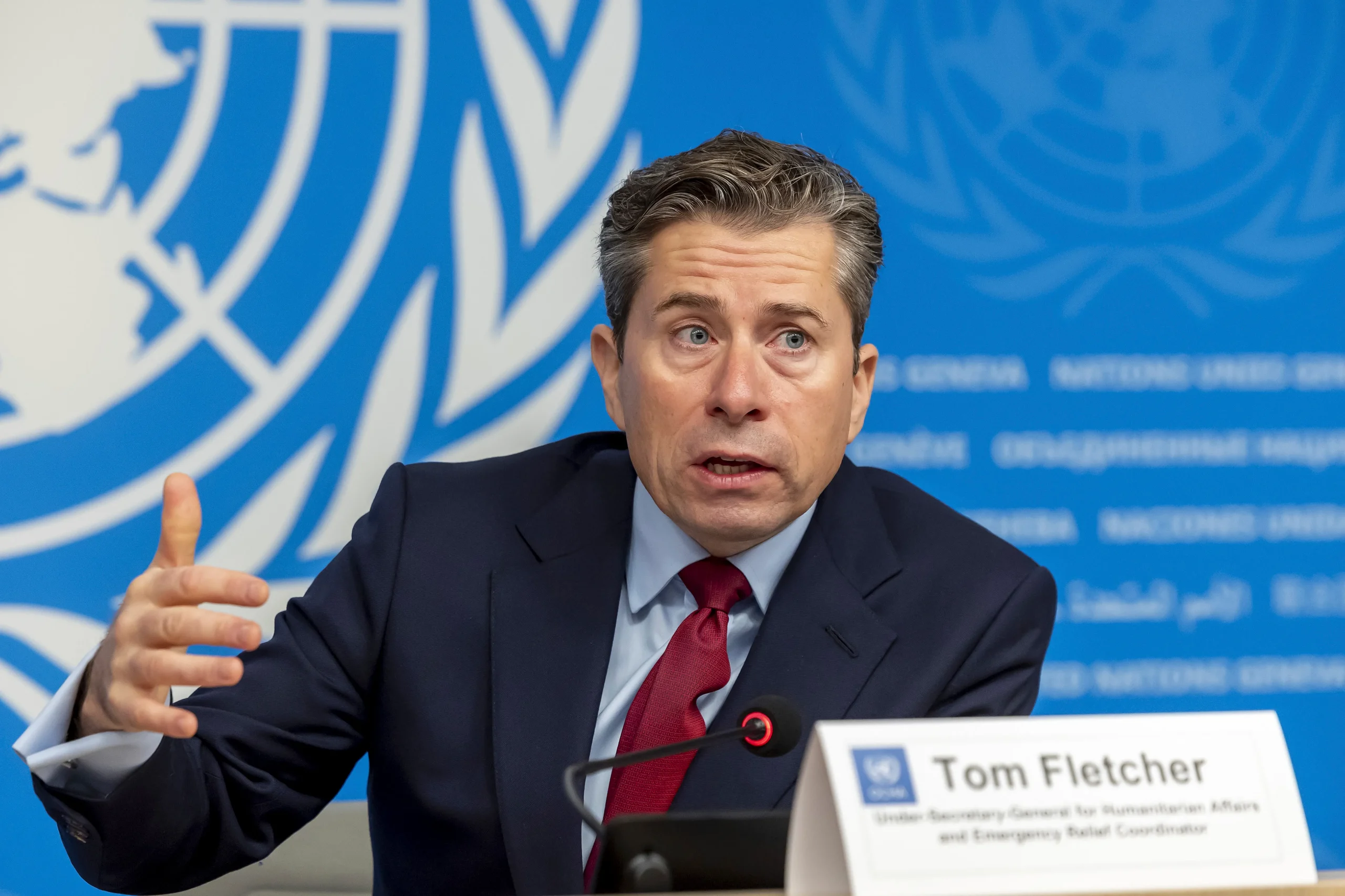The United Nations has pledged to take advantage of Israel’s limited pause in military activity to deliver urgent food aid to Gaza, where famine-like conditions have taken hold for hundreds of thousands of people.
Following Israel’s announcement on Sunday of a temporary “tactical pause” to allow the flow of humanitarian assistance, the UN’s World Food Programme (WFP) said it was prepared to feed the entire population of Gaza—around 2.1 million people—for nearly three months, using food supplies already in the region or en route.
UN emergency relief coordinator Tom Fletcher said the agency would use the opportunity to reach as many starving people as possible, though he warned that much more was required to stave off catastrophe.

“We welcome Israel’s decision to support a one-week scale-up of aid, including lifting customs restrictions on food, fuel, and medicine from Egypt and reportedly securing safe routes for UN convoys,” Fletcher said.
Preliminary reports indicated that over 100 truckloads of aid were collected on Sunday alone, suggesting that some access restrictions had been eased. However, Fletcher emphasised the need for ongoing support: faster clearance of trucks, multiple daily pickups at border crossings, safe humanitarian corridors that avoid densely populated areas, and an end to attacks on civilians gathering for food.
He stressed that “vast amounts of aid are needed to prevent famine and a catastrophic health emergency,” and reiterated the call for a permanent ceasefire. “A pause is welcome—but what we really need is lasting peace,” he added.
The WFP echoed these concerns, describing the humanitarian situation as dire. “Food aid is now the only lifeline for most people inside Gaza,” the agency said in a statement. It warned that nearly 470,000 people are already experiencing famine-like conditions, with a third of the population going without food for days.
To meet the basic needs of the entire population, the WFP estimates over 62,000 tonnes of food aid are required each month. The organisation said that Sunday’s pause, combined with Israel’s assurances that military personnel would not operate near aid convoys, could allow for a significant increase in emergency food deliveries.
Meanwhile, UN human rights chief Volker Turk condemned the scale of destruction and hunger in Gaza, describing the enclave as a “dystopian landscape” of devastation and suffering.
“Children are starving and dying in front of our eyes,” Turk said, noting that Israel, as the occupying power, bears responsibility for ensuring adequate food supplies reach civilians.
Turk also criticised the Gaza Humanitarian Foundation (GHF)—a US- and Israel-backed initiative that began operating in late May—accusing it of failing to deliver aid effectively. He described its distribution efforts as chaotic and militarised, and said they had worsened the crisis rather than alleviating it.
According to the UN, more than 1,000 Palestinians have been killed while trying to access aid since the GHF began operations, with almost 75% of those deaths occurring near its distribution sites.


 Trending
Trending 